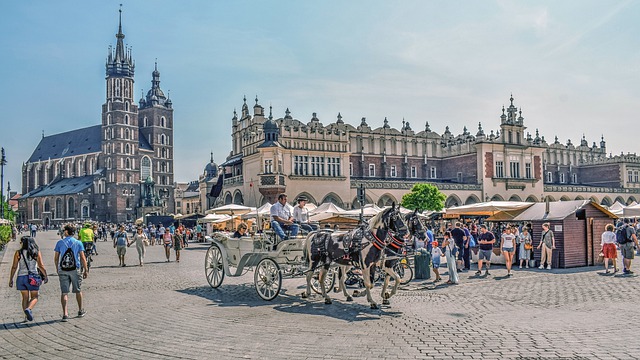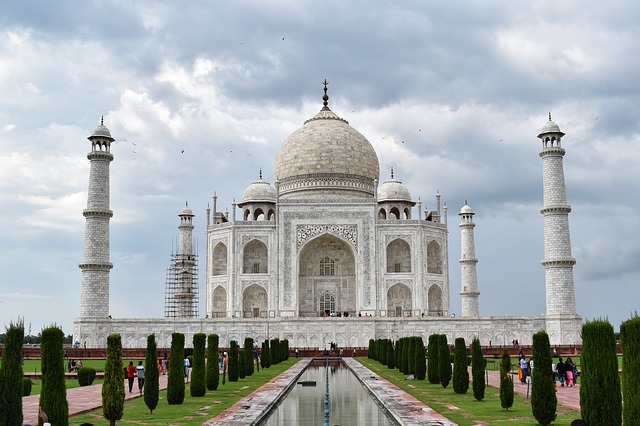
Heritage Tourism in Africa
In simple terms, Heritage tourism can be defined as “travelling to experience the places, artifacts, and activities that authentically represent the stories and people of the past and present.” The sphere of heritage tourism is quite wide as it can include cultural, historic, and natural resources. Some instances of heritage tourism include eating local meals, taking part in cultural festivals, visiting a museum, or paying homage to esteemed historic sites.
Through heritage tourism, we get to see, experience and feel the foundations of others as well as ours. This way, we get to understand our past, as we make plans for the near and distant future. Also, it helps us to better understand the rationale behind how and why other people do some of the things they do.
Amongst international travellers, it is a common pattern to engage in activities related to culture or heritage. Heritage tourism helps to create jobs and business opportunities. Furthermore, it has been proven to help protect resources and improve the quality of life for local residents. From the arts and crafts, to the music, dance, and delicacies, more and more tourists see to experience the authentic feelings of the culture of the places they visit.
Considering the fact that Africa is has a vast diversity of tribes and tongues, with each clan having their cultural spice within the tribe; there are tonnes of potential benefits hidden in heritage tourism within Africa.
Importance of Heritage Tourism
Heritage tourism plays a very significant role, as heritage sites usually give a sense of identity and inspiration to their host communities. With carefully planned programs and activities, heritage tourism could be a source of generating revenues for local government units. In a recent survey, 50% of the respondents agreed that their choice of holiday destination is strongly influenced by history and culture.
Benefits of Heritage Tourism
In general, the benefits of heritage tourism can be categorized into three distinct cadres. These are: economic benefits, social benefits, and environmental benefits. These three cadres usually make up the focus areas in the formulation of policies and decision-making.

Economic Benefits of Heritage Tourism
- Heritage tourism helps to create new jobs, businesses, side attractions and other activities that can help to diversify a local economy.
- It serves as a means of support for small businesses and it enables them to expand over time.
- This form of tourism helps to preserve and protect important local resources and esteemed historic sites.
- It helps to foster interactivity, thereby strengthening the relationships amongst and within local communities.
- It helps to foster the creation and maintenance of amenities within the community.
- Heritage tourism helps to inject revenue into an economy. This is achieved by the ripple effect of boosting businesses and tax revenues.
Social Benefits of Heritage Tourism
- Heritage tourism helps to build social capital.
- It gives a boost to the image of a community, thereby creating a sense of pride amidst the locals.
- Heritage tourism helps to promote positive and acceptable behaviour amongst locals.
- It promotes the beautification of a community.
- Healthy and productive relationships and partnerships are built as an effect of heritage tourism.
- A boost is given to local investment in heritage resources and such amenities that support tourist activities.
- It helps to promote the preservation of local tradition, customs and culture.
- There is more opportunity for research, education, and work placement for students within the community.
Environmental Benefits of Heritage Tourism
- It helps to foster the preservation of culture.
- There is more awareness around tourist sites, as well as the stories and history of what makes them significant.
- It creates a sense of responsibility in the minds of visitors and residents that their actions – and inactions – have an impact on their immediate environment.
Having considered the results of a series of research; it is safe to say that Cultural and Heritage Tourism contributes immense value to the visitor economy. Hence, it beckons on destinations to seek means to maximise the numerous opportunities that come along with it. Similarly, governments around the world – especially in Africa – should be more deliberate about formulating policies that would give a boost to heritage tourism.
